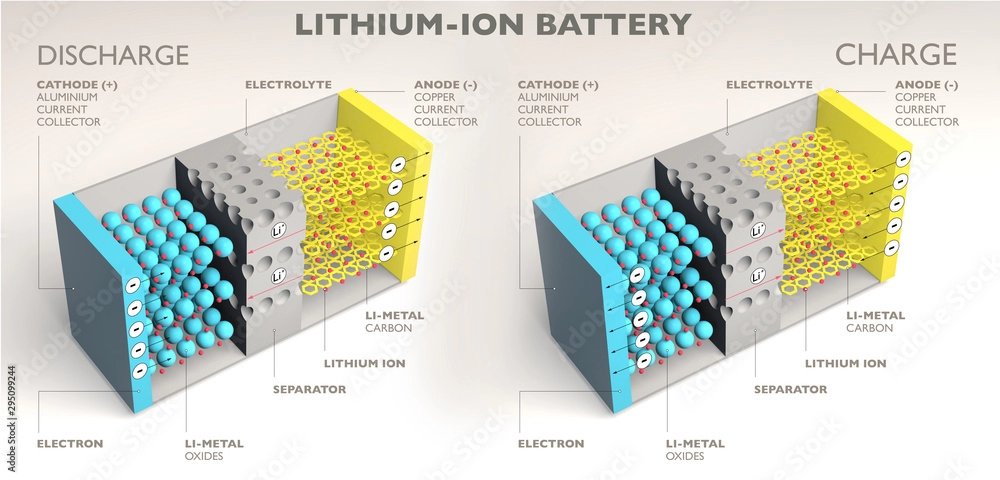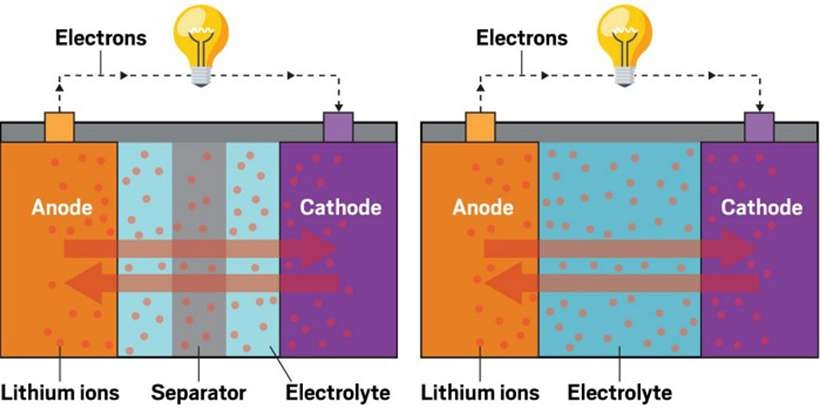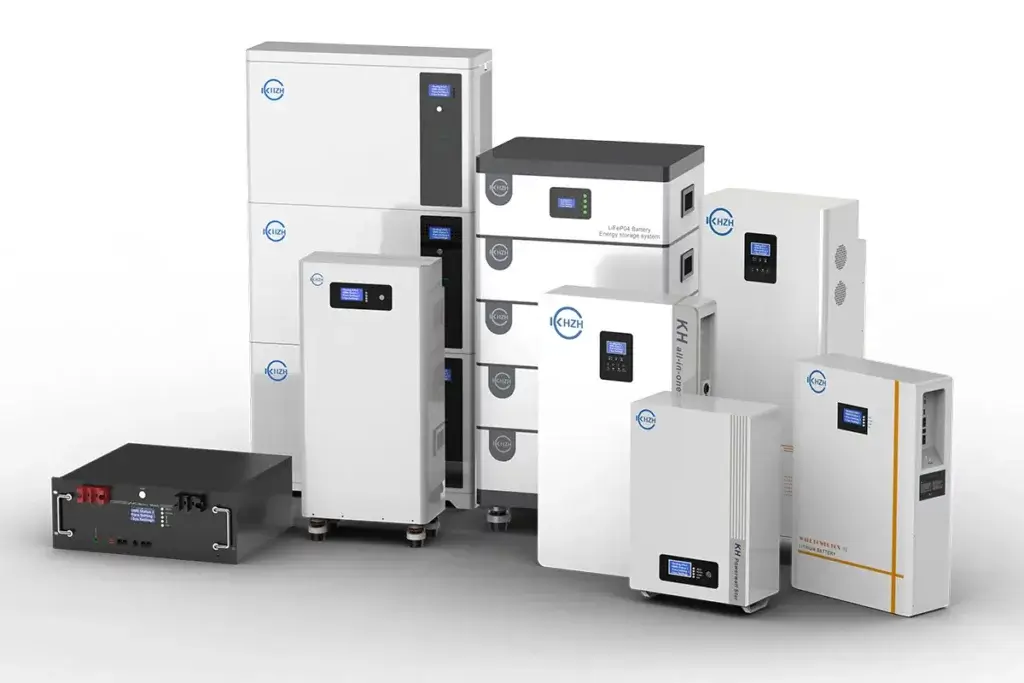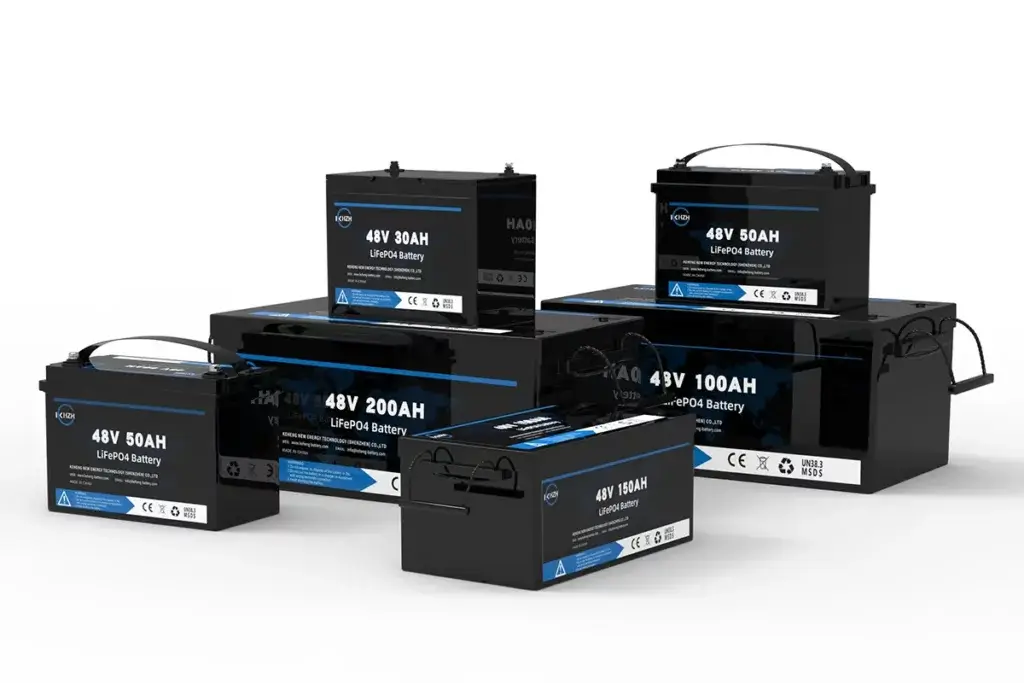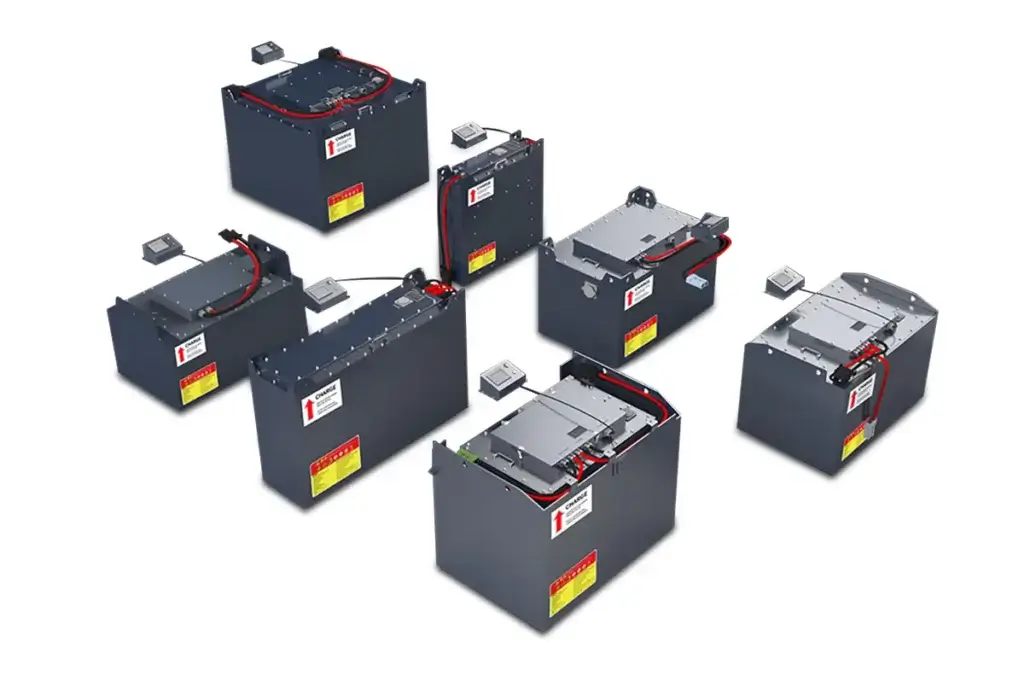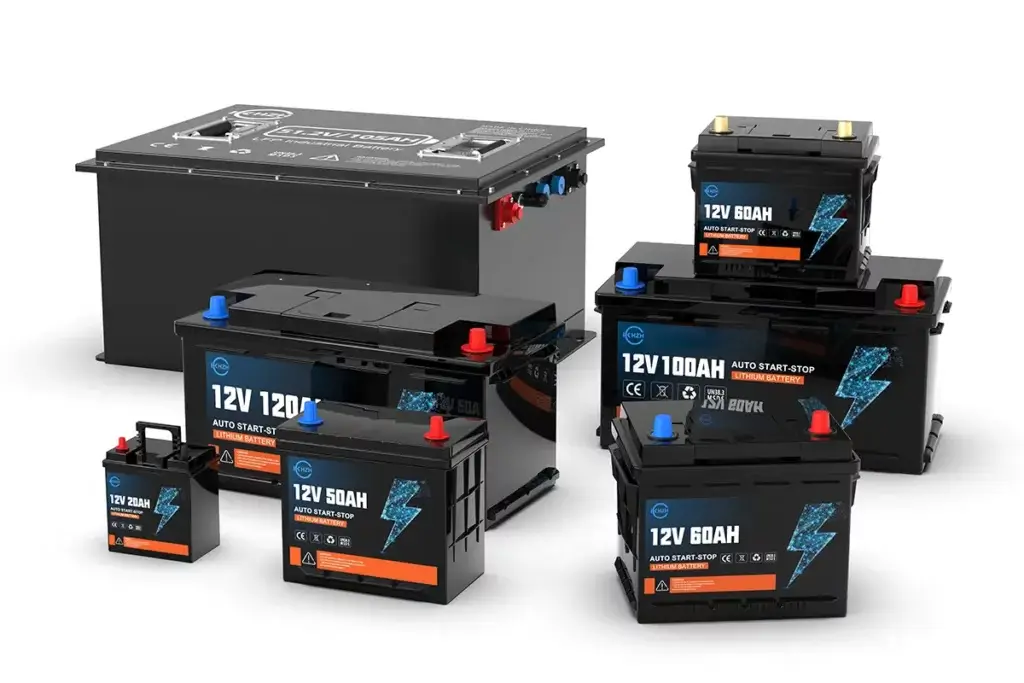In the realm of electricity, watts are key to understanding power. Watts represent the rate at which energy is consumed or produced, dictating how much work an appliance can perform over a specific period. Whether you’re sizing a battery for an RV, calculating the energy consumption of your household appliances, or simply trying to make sense of your electricity bill, understanding how to calculate watts is essential in all of these situations. This guide will explore watts, what they mean, how to calculate them, and the connection between watts, volts, and amps.
Part 1. What are Watts?
Watts (W) are the unit used to measure power, a fundamental concept in understanding electricity. Think of watts as a measure of how much “work” an electrical device can do. The higher the wattage of a device, the more energy it consumes and the more work it is capable of performing.
The Relationship Between Watts, Volts, and Amps
To understand watts, it’s important to understand the relationship between volts, amps, and watts.
- Volts (V): Volts represent the voltage that drives the flow of electric current. You can think of volts as the water pressure that pushes water through a pipe. The higher the voltage, the greater the electrical potential difference.
- Amps (A): Amps measure the amount of electric current flowing through a circuit. You can think of amps as the flow rate of water in a pipe. The higher the amperage, the greater the rate of electric current flow.
- Watts (W): Watts represent power, which is the rate at which energy is used or produced. It’s a combination of voltage and current, calculated by multiplying voltage and current.
Part 2. Watts vs. Watt-Hours: What’s the Difference?
Watts (W)
- Definition: A unit of power, representing the rate of energy transfer or use.
- Analogy: Imagine a water pipe. The rate at which water flows through it is like power—the higher the flow rate, the more water per unit of time. This is analogous to the rate at which energy is used or transferred.
- Examples:
- A 60-watt light bulb consumes 60 watts of power when it’s turned on.
- An appliance might have a power rating of 1500 watts. This means it consumes 1500 watts of power when operating at its maximum capacity.
Watt-Hours (Wh)
- Definition: A unit of energy, representing the total amount of energy used over time.
- Analogy: Understanding Watts: A Comprehensive Guide Part 1: What is a Watt? In the realm of electricity, the watt (W) is the unit used to measure power. Power is the rate at which energy is used or produced. For example, if an appliance consumes 100 watts of power, it consumes 100 joules of energy per second. Watts are calculated as the product of voltage and current, and understanding this calculation is essential for evaluating energy consumption, appliance efficiency, and system sizing. Part 2: How to Calculate Watts There are several ways to calculate watts, depending on the information available. Method 1: Using Voltage and Current (Amps/A) The most basic formula for calculating watts is:
Battery Array or Single Cell: Which is More Suitable for Your Energy Needs? Battery Array vs. Single Cell: A Comparison When choosing the right energy solution, understanding the difference between battery arrays and single cells is crucial. This guide explains how each option works, highlighting their respective advantages, to help you determine which is best suited to your performance and cost considerations. What is a Battery Array? A battery array refers to a series of interconnected batteries designed to provide reliable power. This article delves into the different types of battery arrays, their advantages, and key applications, to help you make informed energy decisions. Growth Trends in the Flexible Thin-Film and Printed Battery Market The flexible thin-film and printed battery market is rapidly evolving. This article explores current market growth, technological innovations, challenges, and trends shaping the future of the industry.
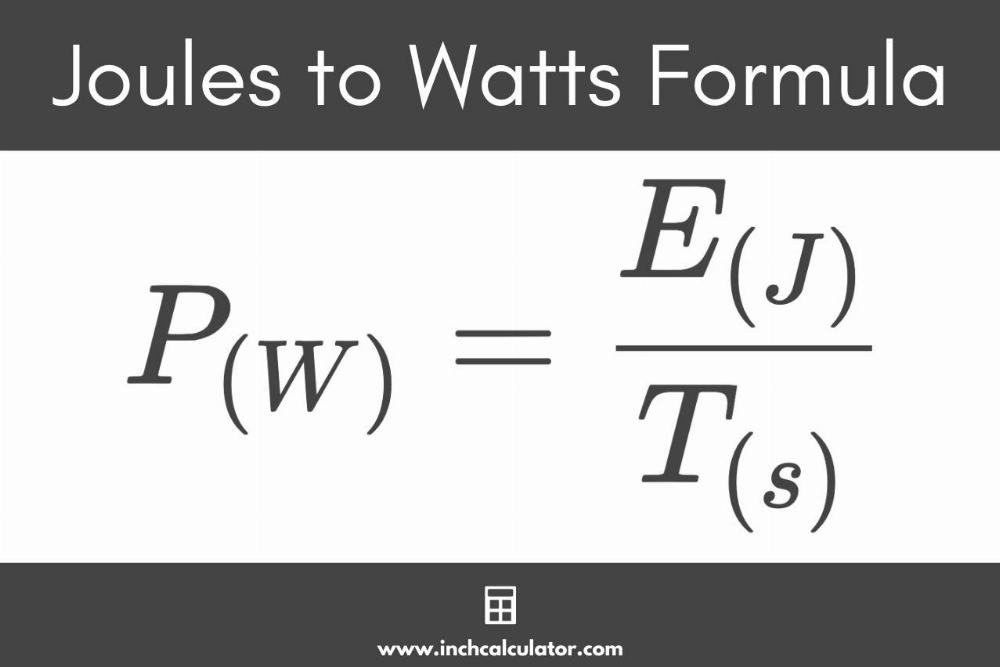 Battery Array or Single Cell: Which is More Suitable for Your Energy Needs? Battery Array vs. Single Cell: A Comparison When choosing the right energy solution, understanding the difference between battery arrays and single cells is crucial. This guide explains how each option works, highlighting their respective advantages, to help you determine which is best suited to your performance and cost considerations. What is a Battery Array? A battery array refers to a series of interconnected batteries designed to provide reliable power. This article delves into the different types of battery arrays, their advantages, and key applications, to help you make informed energy decisions. Growth Trends in the Flexible Thin-Film and Printed Battery Market The flexible thin-film and printed battery market is rapidly evolving. This article explores current market growth, technological innovations, challenges, and trends shaping the future of the industry.
Battery Array or Single Cell: Which is More Suitable for Your Energy Needs? Battery Array vs. Single Cell: A Comparison When choosing the right energy solution, understanding the difference between battery arrays and single cells is crucial. This guide explains how each option works, highlighting their respective advantages, to help you determine which is best suited to your performance and cost considerations. What is a Battery Array? A battery array refers to a series of interconnected batteries designed to provide reliable power. This article delves into the different types of battery arrays, their advantages, and key applications, to help you make informed energy decisions. Growth Trends in the Flexible Thin-Film and Printed Battery Market The flexible thin-film and printed battery market is rapidly evolving. This article explores current market growth, technological innovations, challenges, and trends shaping the future of the industry.
